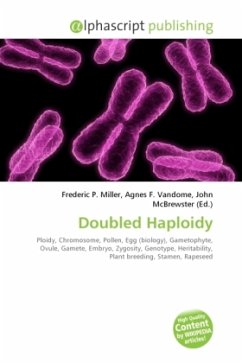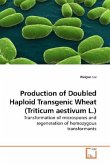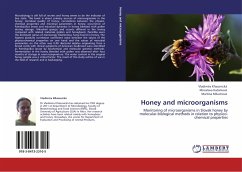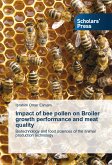A doubled haploid is a genotype formed when haploid plants have two sets of identical chromosomes. They are produced from pollen or egg cells used to produce a haploid cell line and the haploid cells undergo chromosome doubling. Haploid cells occur naturally in the gametophytic phases of higher plants in their ovules and pollen. By manipulating the gametic cells, it is possible to produce embryos rather than mature pollen grains or ovules. By induced or spontaneous chromosome doubling, a completely homozygous doubled haploid plant can be produced. Completely homozygous genotypes are precisely repeatable and hence heritability of quantitative characters is increased leading to improved selection efficiency. Conventional inbreeding procedures take six generations to achieve completely homozygous condition, whereas doubled haploidy reduces it to one step. Hence, it is of a great importance in plant breeding.
Bitte wählen Sie Ihr Anliegen aus.
Rechnungen
Retourenschein anfordern
Bestellstatus
Storno








